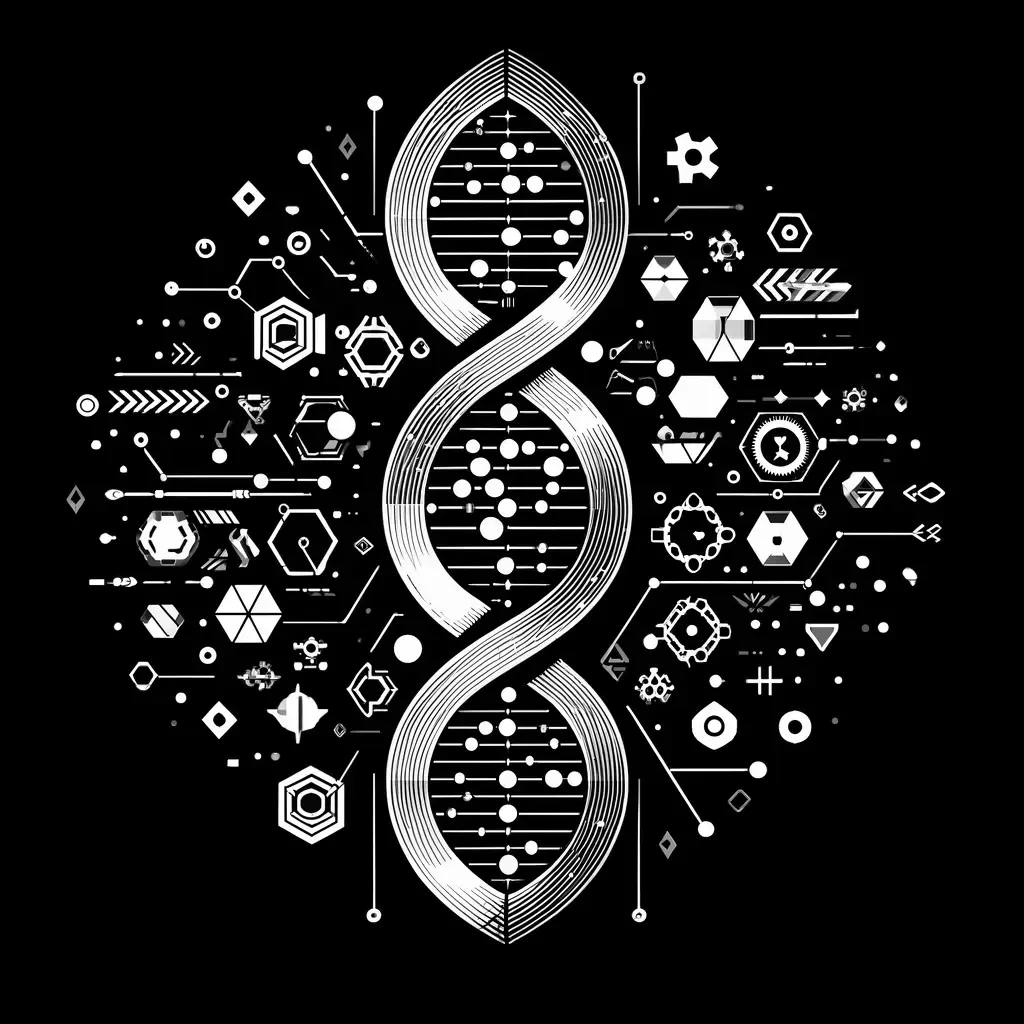Cloning Technologies - Impact on Society
According to the National Human Genome Research Institute (NHGRI), cloning is the process of producing a genetically identical copy of a biological entity.
Cloning involves creating a genetically identical copy of an organism. This process has sparked significant ethical debates, particularly around issues of identity and the potential uses of cloning technology.
Almost 30 years ago, humans were able to clone a sheep named Dolly, the first mammal to be successfully cloned. People believed that cloning was the next big step in the medical industry; it could lead to the eradication of genetic diseases and birth defects. This consequently led to scientists researching human cloning.
Following Dolly, I came across several articles referring to the successful cloning of monkeys at the beginning of 2018, proving that the cloning of humans would be theoretically possible; however, as this article and various other articles go on to state, human cloning in the current medical landscape is expensive and unethical. This is because human cloning is much more intricate as compared to other mammals; it would involve millions of dollars worth of research and experimentation, and it would require women to donate eggs and serve as surrogates for the cloned embryos. While researching human cloning, one crucial factor that might get overlooked by people is that the process of human cloning is not duplicating.
It is important to follow ongoing ethical discussions and research developments to understand the broader implications of cloning technology beyond its medical potential.
A clone will never be the same person as the original; they will not share personalities, experiences, or morals.
This also raises several ethical and moral dilemmas concerning the life a clone might lead. The environment it is raised in, its identity, and its purpose for existence might significantly impact its psyche.
The creation of a clone involves more than just replicating genetics. The clone’s unique experiences and environment will shape its identity, raising important considerations about its psychological and social development.
While human cloning would prove to be helpful in terms of saving human lives and making considerable progress in medical science through experimentation and testing, it would be impractical in the long term and devalue human life.
‘The Island,’ directed and co-produced by Michael Bay in 2005, is a thriller dystopian movie that portrays a world where human cloning is used on a massive scale as an insurance policy.
In this movie, humans buy clones of themselves to harvest organs from if they sustain injuries. Although theoretically sound, this idea falls apart practically and ethically; sustaining many human clones would take significant resources in a future where we have sufficient technology, as portrayed in the movie, to replicate and clone humans; it would be much more effective to quickly synthesize the damaged organ in a lab environment without having to deal with sentient human clones walking around the facility.
Ethically, I would compare this to slavery; the human clones are designed to be just as intellectually capable as their hosts, yet they are treated as products to be used by a third party.
Using clones for organ harvesting, as depicted in ‘The Island,’ highlights severe ethical issues similar to slavery. Such practices would be highly controversial and raise questions about the moral rights of clones.
They are also locked underground and constantly monitored while limiting their social interactions. This would take a significant toll on their well-being and be illegal and immoral.
Fortunately, I believe that our society, even in a capitalist political economy, would never support what was portrayed in ‘The Island.’ Logistically, it would be near impossible to produce human clones and provide their services covertly; governments have regular audits and inspections in place that are performed on medical organizations to ensure they are following proper conduct. Moreover, having thousands of employees to sustain such an endeavor and prevent whistle-blowers would be tough. If this practice is publicly disclosed, the heavy backlash from the community will ensure that it does not continue. Such a practice might steal place on a much smaller scale; I believe it would not be sustainable, and the risk of maintaining such a practice would be too much compared to its reward.
While fictional representations like ‘The Island’ provide a stark view of cloning used for personal gain, they also underscore the complex ethical, logistical, and societal challenges that such technologies would face in reality.
While our medical technology every day gets a little closer to a future where human cloning is possible, the scientific research required and its moral implications will ensure that it remains nothing but science fiction.
Digital duplication would need to be heavily regulated and governed. The copy should be given as many rights and freedoms as its host; anything else, as the episode described, would be ‘barbaric.’
As cloning technology advances, it is crucial to establish strong ethical guidelines and regulatory frameworks to prevent abuses and ensure that the rights and dignity of all individuals, including clones, are respected.
